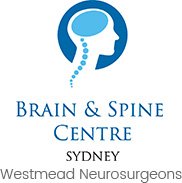Tardive Dyskinesia
Tardive dyskinesia is a neurological side-effect of the long-term intake of neuroleptics, a class of drugs prescribed for gastrointestinal, neurological and psychiatric diseases such as schizophrenia and bipolar disorder. The condition is characterized by involuntary, repetitive movements of the face, lips, tongue, trunk, arms and legs. Movements may include tongue protrusion, rapid blinking, puckering and smacking of the lips, and swinging the jaw back and forth.
Treatment usually consists of stopping the offending drugs and replacing them with more appropriate ones. Newer antipsychotic drugs have a lower risk of developing tardive dyskinesia. Early intervention has the best results, however, symptoms may persist even after withdrawal of the medication. Botulinum toxin and dopamine-depleting agents may be helpful in these cases.




